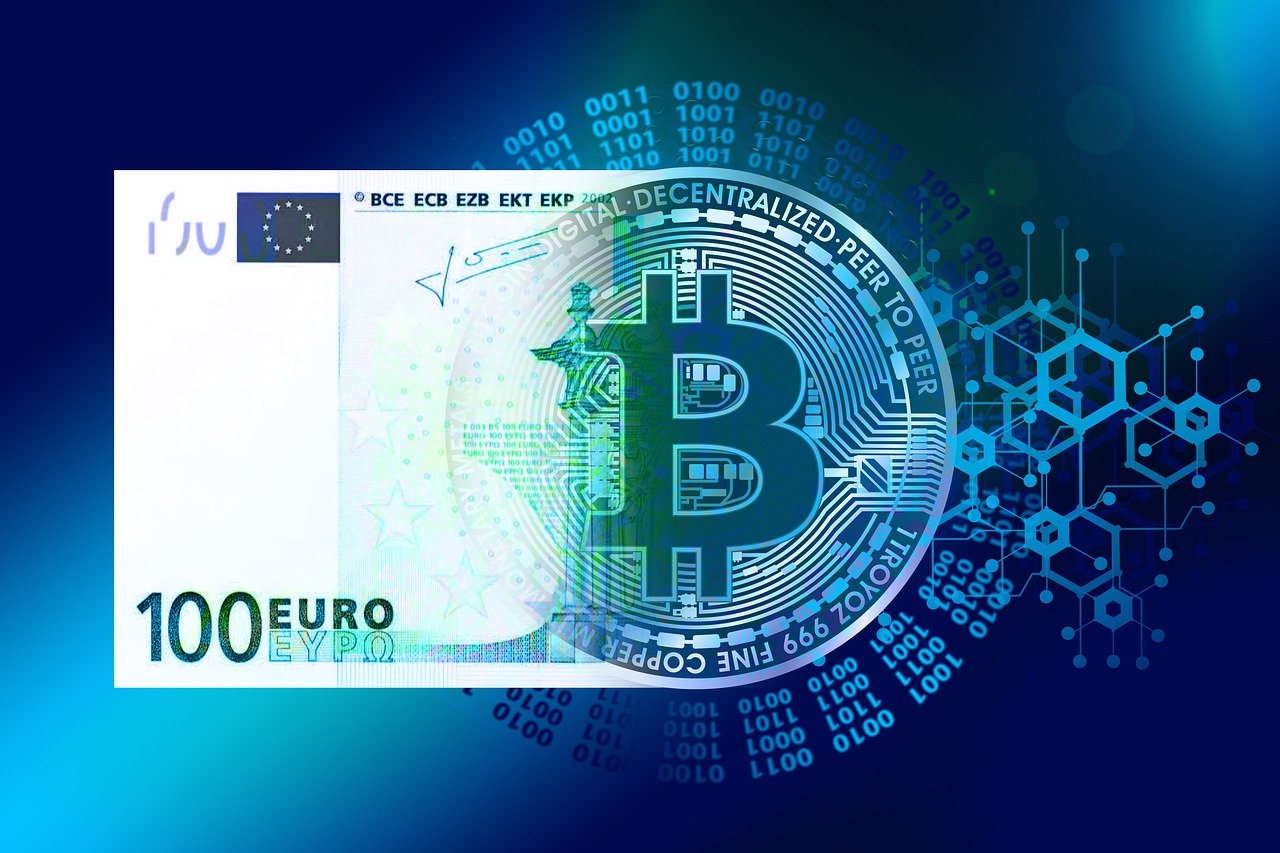We simply need to know that this new euro will have the same utility as cash, but in electronic form.
Many people are wondering if the creation of this digital euro will make cash disappear completely, or if that could be the real intention of its digitalization.
However, the European Central Bank (the promoter of the digital euro) has denied that its intention is to eliminate cash.
Cash is controlled by the ECB, and it is the one that, depending on how the economy is doing, can propose all kinds of monetary policies.
On the other hand, the money belonging to debit or credit cards belongs to the commercial banks, so what the ECB intends is to have total control over the capital, without intermediaries, in order to create and store it in the central bank itself.
The acceleration of enacting the digital euro has been given by the fear of private initiatives with the creation of digital currencies (as the recent news that Facebook has launched its new currency, called “pound”), being able to dispute the monetary sovereignty in this new economic paradigm. In other words, it is a way for the ECB to maintain the primacy of the euro as a method of payment.
Let’s go back to the beginning, then, why introduce the digital euro?
- Cash is in decline, it is used less and less, so the digital euro can be a great complement in the short and medium term, and can be completely replaced in the long term.
- To be able to create a more effective monetary policy. If cash is finally replaced, and all the pure money is in the ECB, they would achieve greater control to carry out the different monetary policies they deem appropriate.
- Maintain, as we have said, the primacy of the euro in the face of payment methods that increasingly detract from cash.
- To try to eliminate the underground economy. By replacing the issuance of cash in the long term, governments can track where money is moving, contributing to the elimination of illegal financing, money laundering and other current problems (underground economy).
- Gain a more relevant role in the international payment system. Due to the creation of a digital euro put in place before the FED (Central Bank of the United States), it could raise the position of the euro zone in international trade.
Generally speaking, we can say that the digital euro is a reality. A digital euro would still be a euro from our piggy bank, only in electronic form.
It is the future substitute for cash, even though the ECB says it is not the fundamental objective, being to “offer an alternative to coins and banknotes, provide greater security, increase the simplicity of digital payments and compete on a level playing field with new digital assets”.











